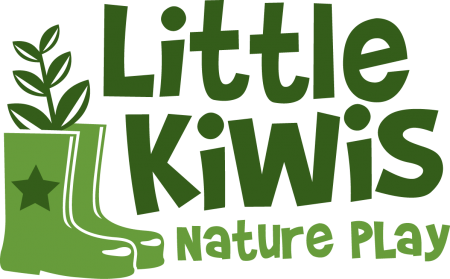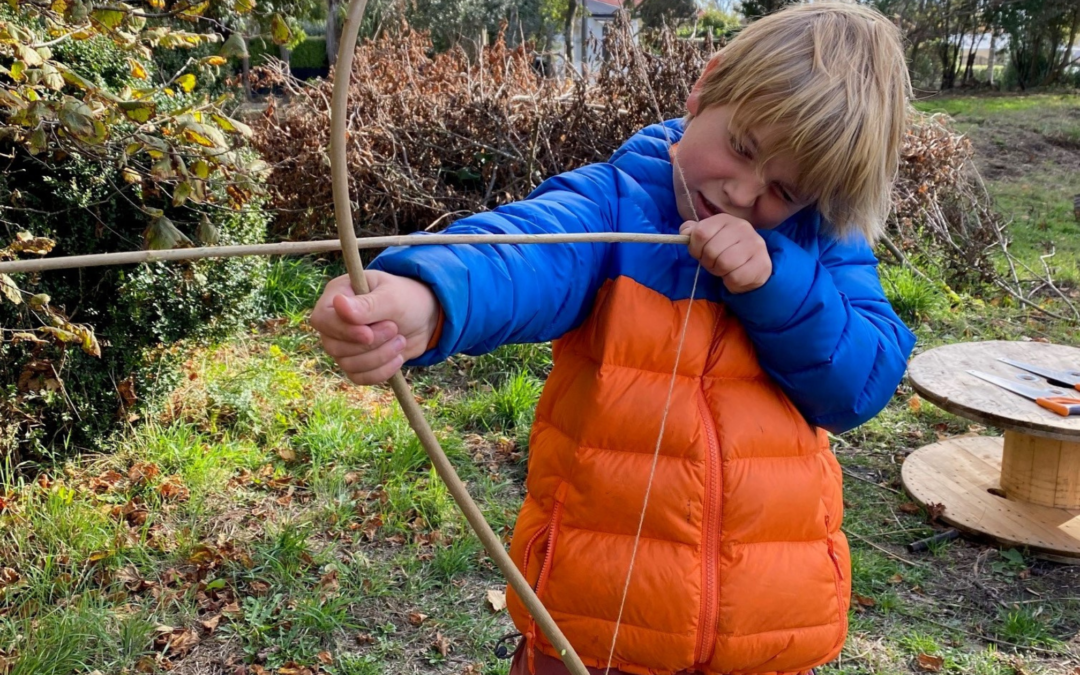I get a lot of emails from one-day schools and ECE centres setting up or running bush kindy’s or nature-based programmes. Questions are on a variety of topics and for some of these questions I developed a ‘How To Guide’ that focuses on setting up a Bush Kindy but also crosses over to schools setting up an outdoor classroom, nature play program or forest school program.
This still leaves some questions un-answered specifically for those setting up or running a one-day school. Below are some of the common questions I get asked, and I will happily add more questions and answers to this blog as time goes on.
Is a one-day school run under the Ministry of Education?
No. Setting up a nature school is not connected to the MOE. To set up a one-day school in Aotearoa this can be done as a business or a trust (or similar). Avoid using the term “school” in your name to prevent potential barriers with school principals.
Can schools release ākonga one day a week to attend the nature school?
Section 53 of the Education Act allows schools to decide whether to release students for your programme. Some schools may mark students as present while others may mark them absent at their discretion. Under this section for a full day release it is the board who is responsible for approval, however for some schools they may have delegated authority to the principal.
What is the boards responsibility?
If the board approves the student to attend your one-day school, they do have a responsibility to ensure the Health and Safety of the ākonga. Boards may request to review your policies, so it’s important to have comprehensive documentation in place. Utilise resources like the EOTC Bringing the Curriculum Alive Document and local school policies to develop robust health and safety policies and SOPs (Safety Operation Procedures).
Is a one-day school an external provider?
Kind of. Normally an external provider would be contracted from a school but in a one-day instance you are being paid by the parent directly. However, because it’s during school hours and if the board has approved it, then acting as an external provider could be good practice. As an external provider, your health and safety policies should meet the school’s requirements as well as your own standards. The principal and board are responsible for checking that an EOTC management system is in place. You can find out more about external providers in the Bringing the Curriculum Alive EOTC document and the EOTC modules.
What policies do we need?
You will need to develop policies that support all aspects of your programme not limited to health and safety, employment/contracting, vulnerable children, well-being and behaviour support, complaints and curriculum. A Safety Management System is good to develop which houses emergency procedures, risk management and health and safety induction to name a few. In addition, these can be supported with Standard Operating Procedures (SOPs) for all activities that are undertaken in your programme e.g. fires, climbing, whittling / tools, outdoor play etc…
To help develop the SOP’s and other risk management procedures carry out a thorough site assessment using a Risk Assessment Management System (RAMS) form and integrate the findings into your Standard Operating Procedures (SOPs). A RAM’s form is a tool for risk management, but it should not be your only documentation.
Can we get MOE funding?
Since you are not a school, direct funding from the Ministry of Education is unavailable. Explore alternative funding sources like the Tū Manawa funding from Sport NZ, which is distributed through regional sports trusts. Discuss potential funding options with schools and parents as needed. On occasion an individual child has accessed MOE support which has carried over to a one-day school but this should not be an expectation and would be a case by case basis.
Do I need insurance?
Yes. Obtain insurance coverage to protect your nature school in case of unforeseen incidents or accidents. Having appropriate insurance is essential for safeguarding your operations and ensuring compliance with legal requirements. Depending on your operations you might need public liability insurance and other insurances e.g. statutory liability insurance. Gallagher are a Broker service which is currently used by a number of one day schools here in New Zealand.
I plan to lease some land, what should I think about?
If you are using or leasing land from another party, establish a clear land use agreement or contract that outlines responsibilities for both parties, health and safety and any other points for clarification. Clarifying expectations and obligations regarding the use of the land will help mitigate potential risks and maintain positive relationships with landowners. Also check your district plan zoning rules as running an educational programme may not be a permitted activity on all land zone areas or it may be permitted but have restriction on numbers for example.
How do we get schools on board?
Some one-day schools have held local open days for school principals and board members to come and see the programme and ask questions. Relationship building is a key element as it helps to create open dialogue.
Alternatively go and meet with local school principals and share what you are doing and address any concerns they may have.
In addition, create an information pack and letter for parents to introduce your programme to their school and emphasize its supportive role alongside formal schooling. It is not there to replace school but supports and can be collaborative too.
Celia Hogan is an education specialist, parenting coach, speaker and adventurer who is passionate about nature play, risky play, child development, resilience and well-being. You can follow her on Facebook, Instagram and Linked In. Subscribe to her newsletter for tips and ideas as well as workshop announcements.

